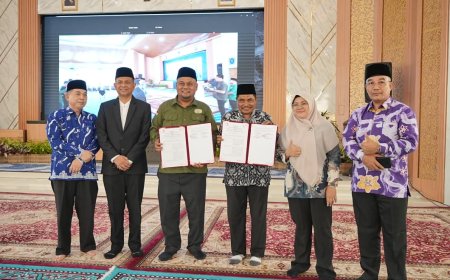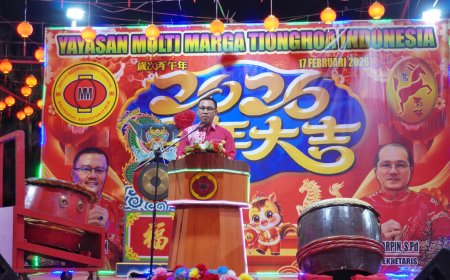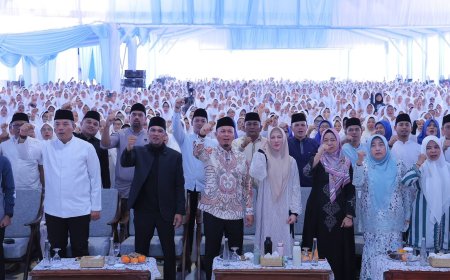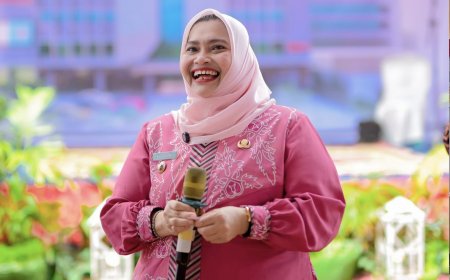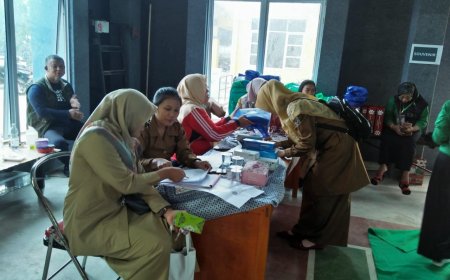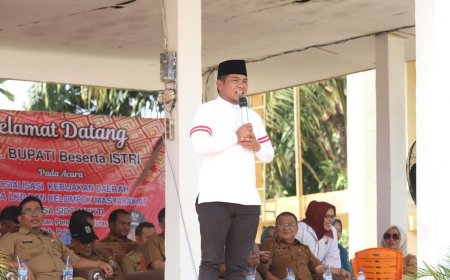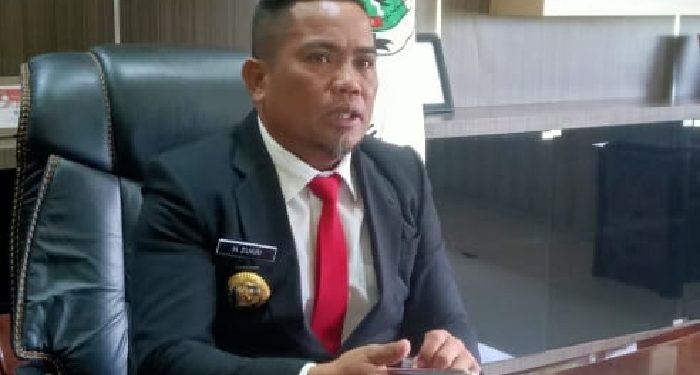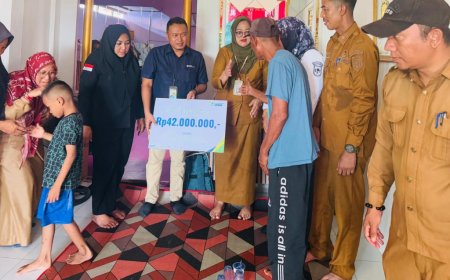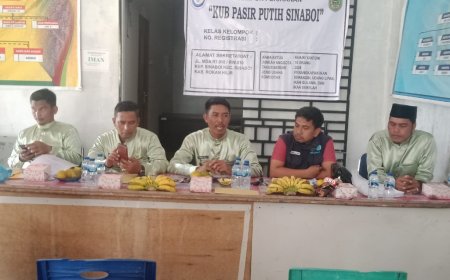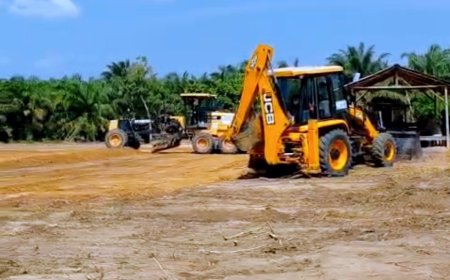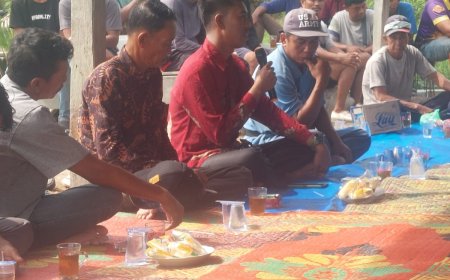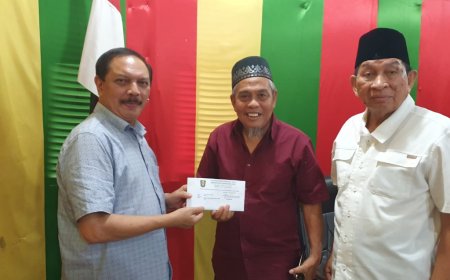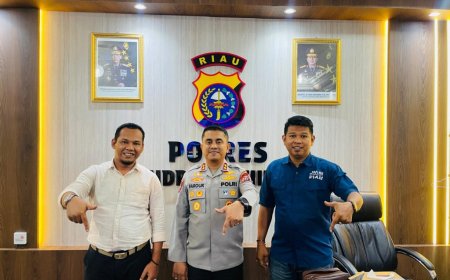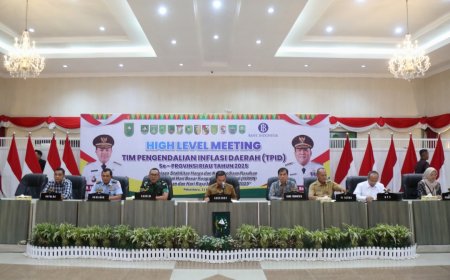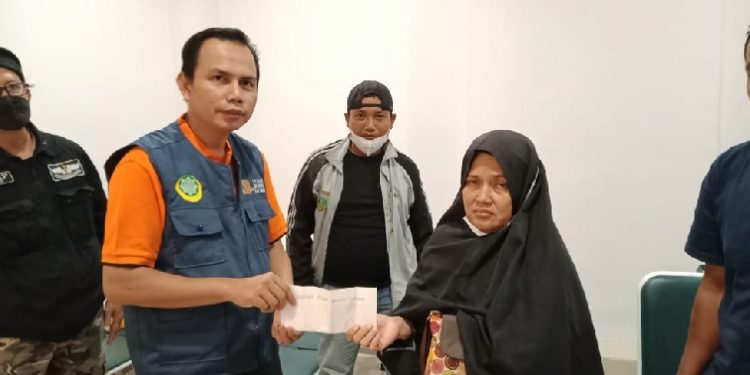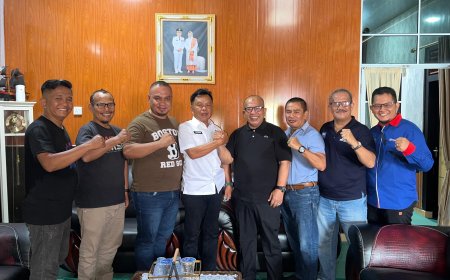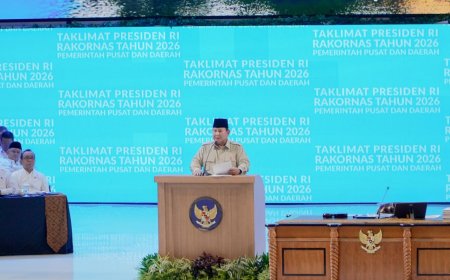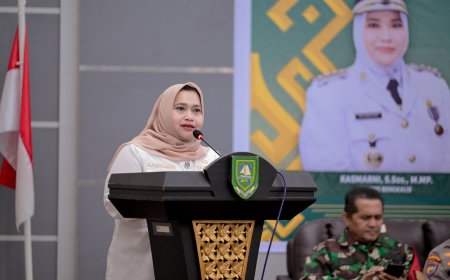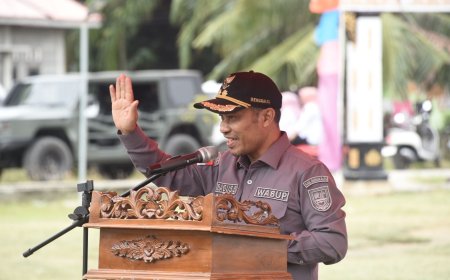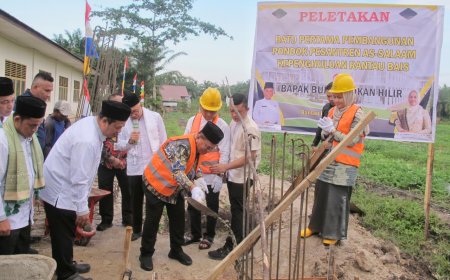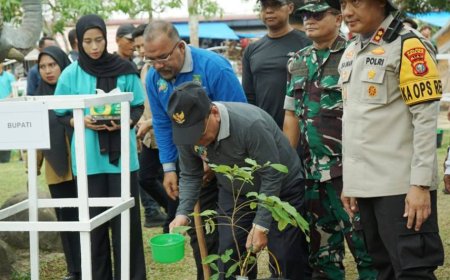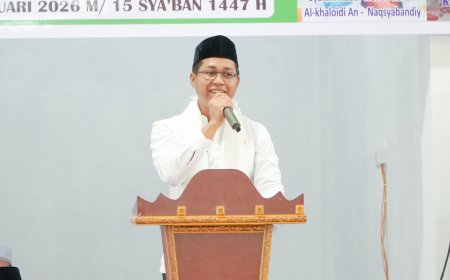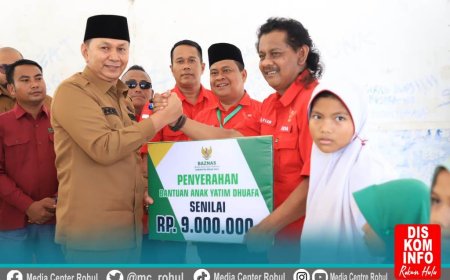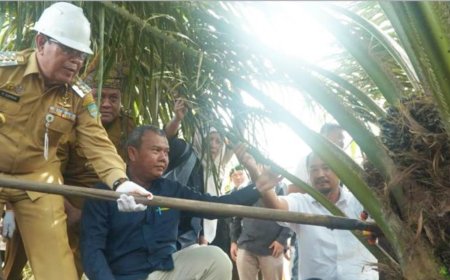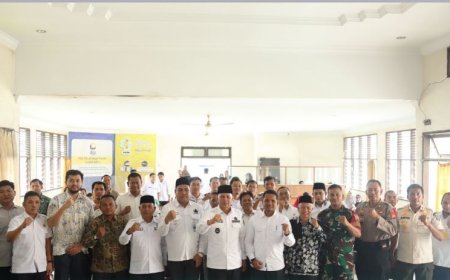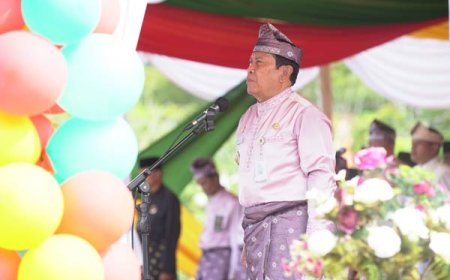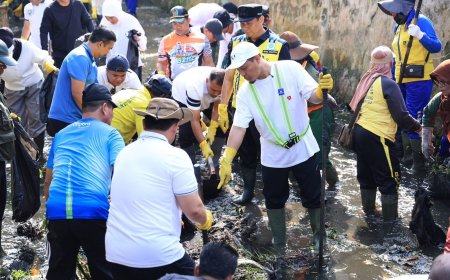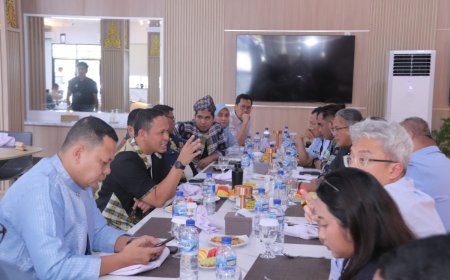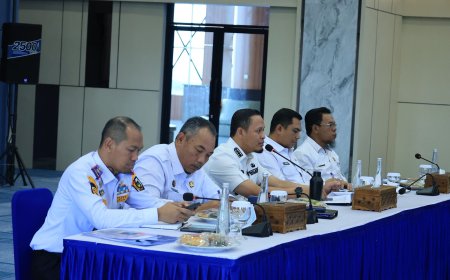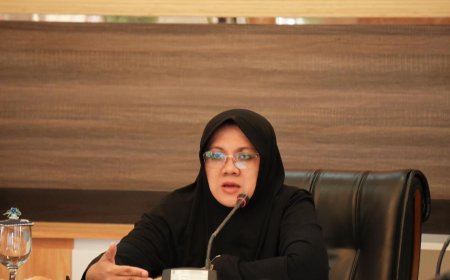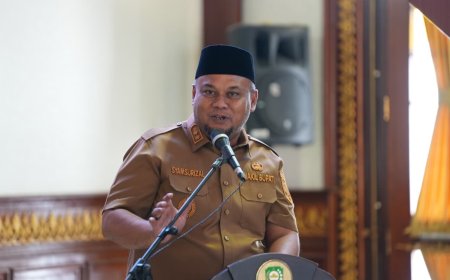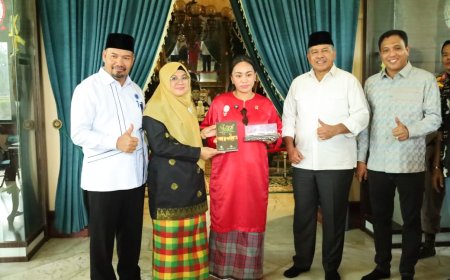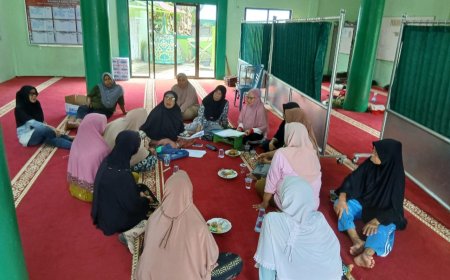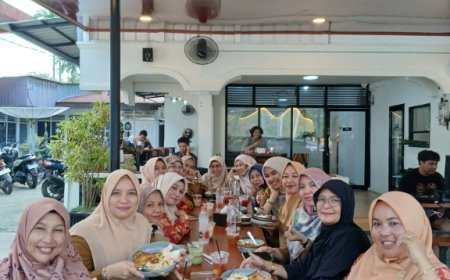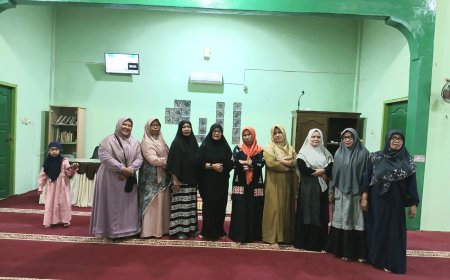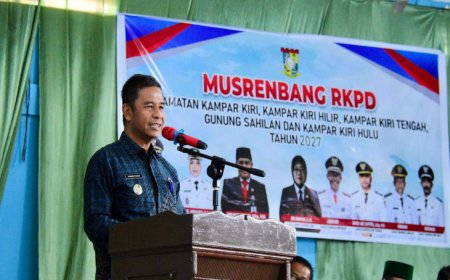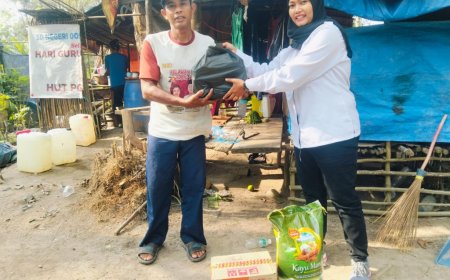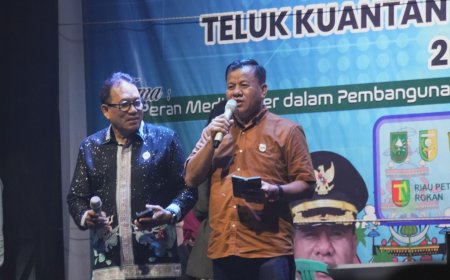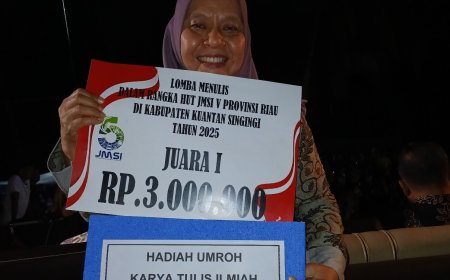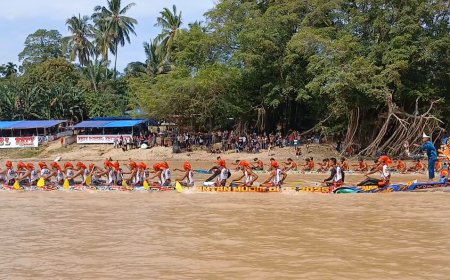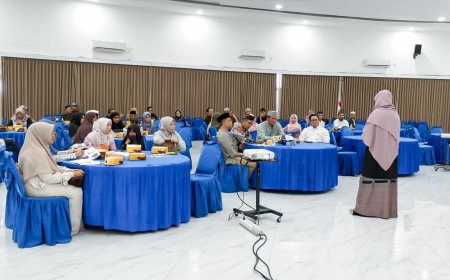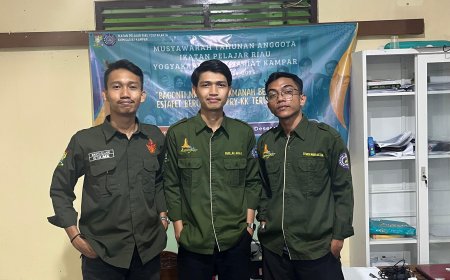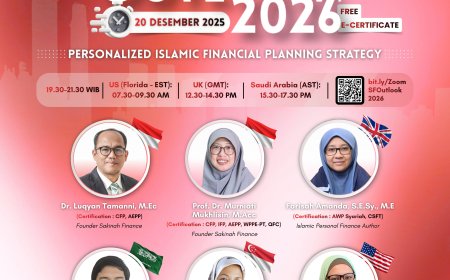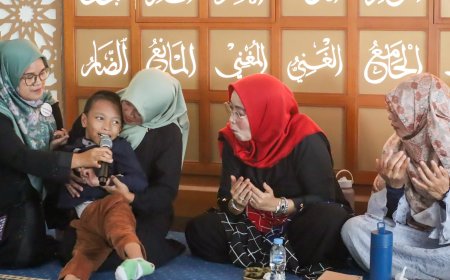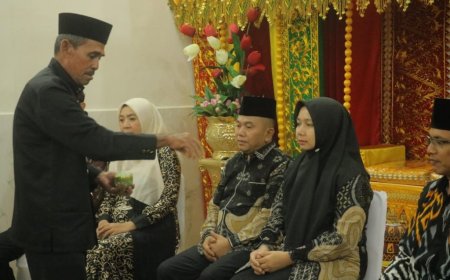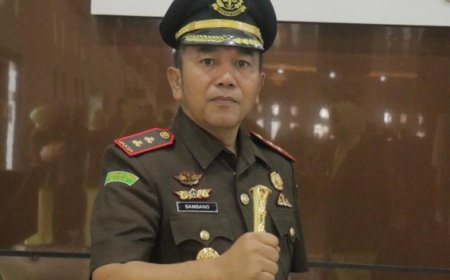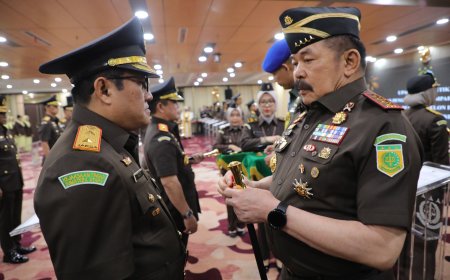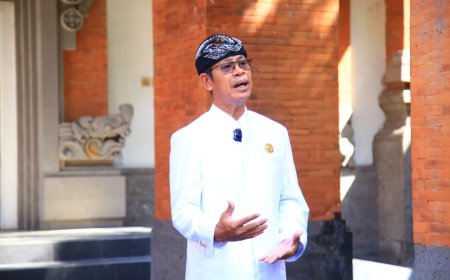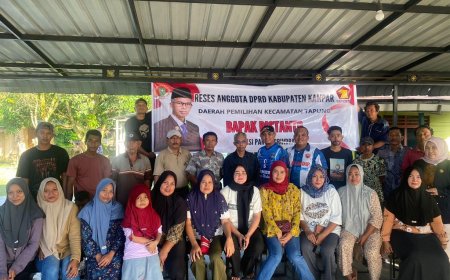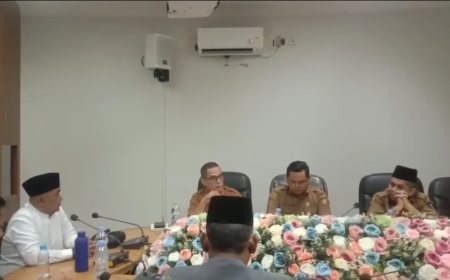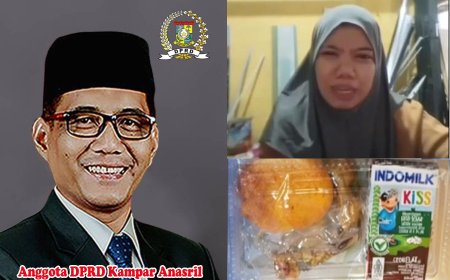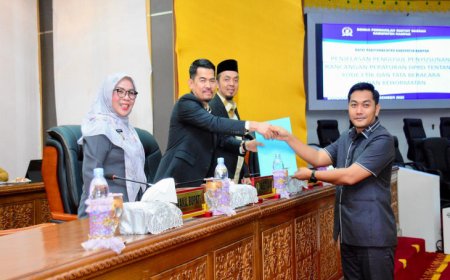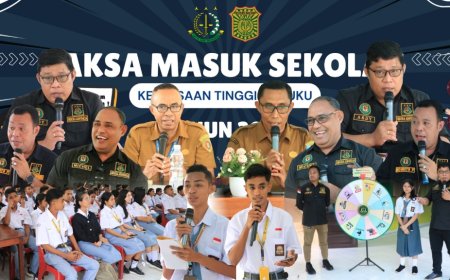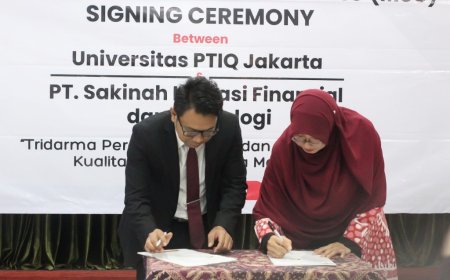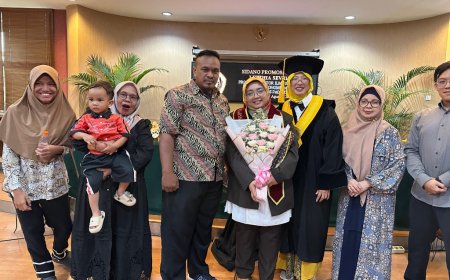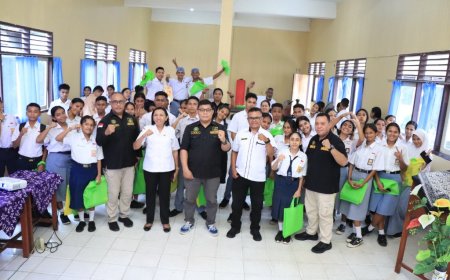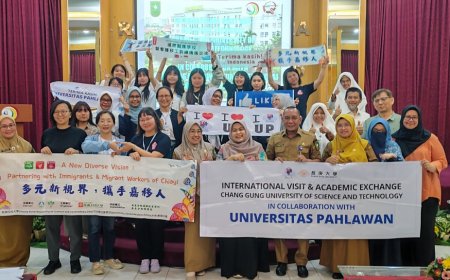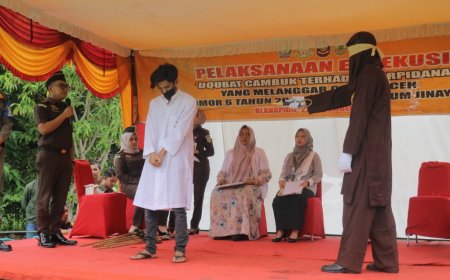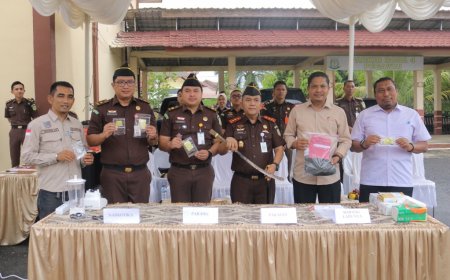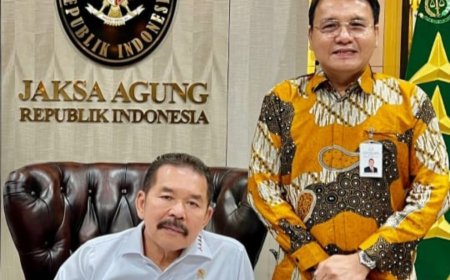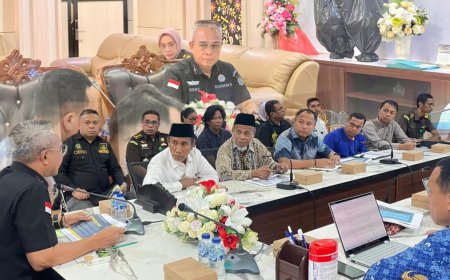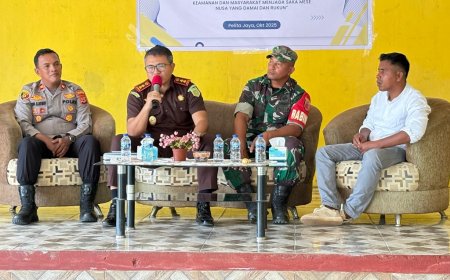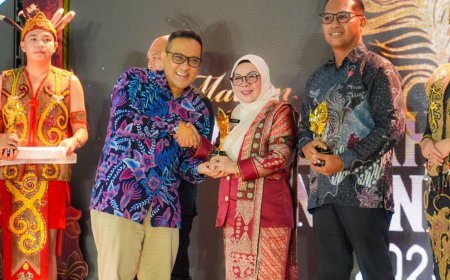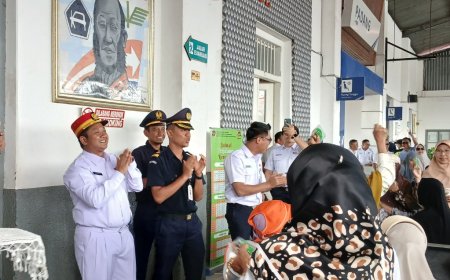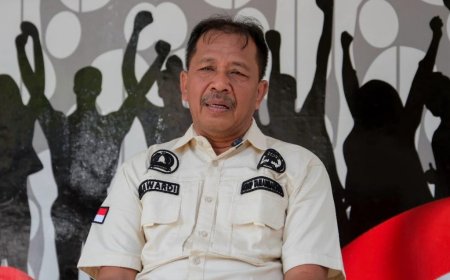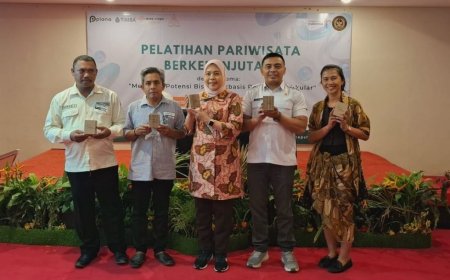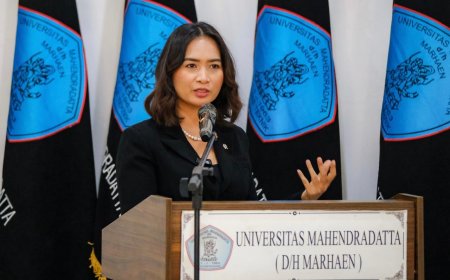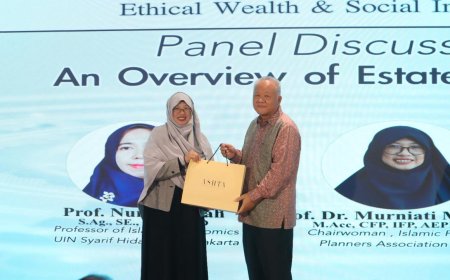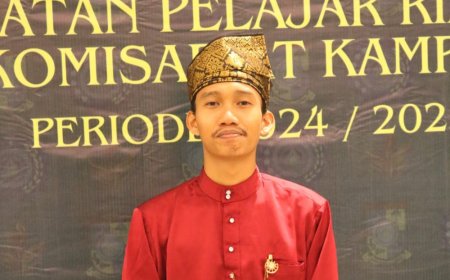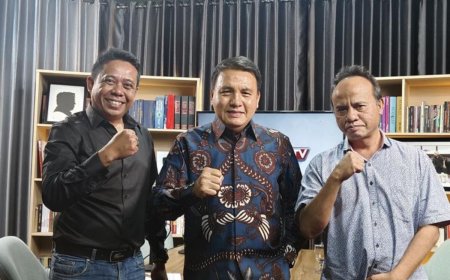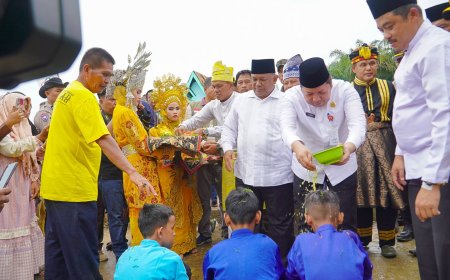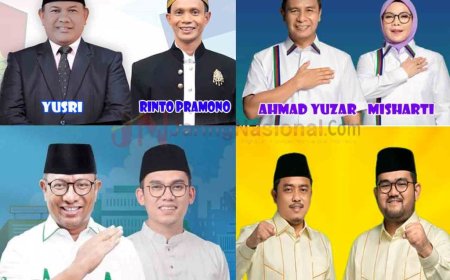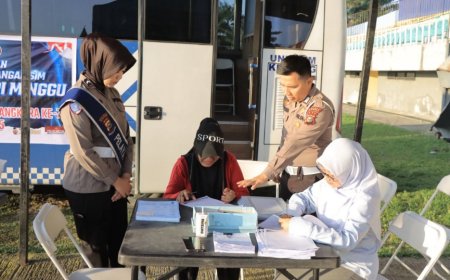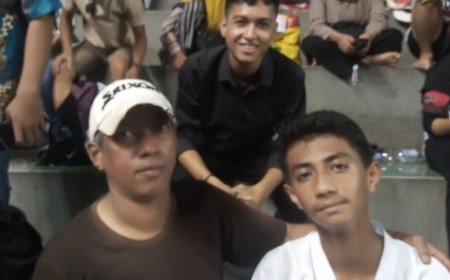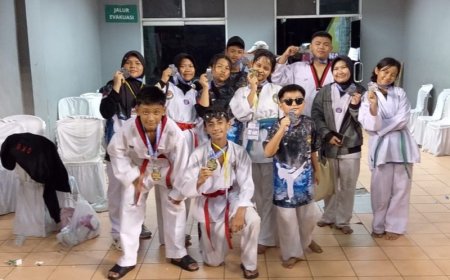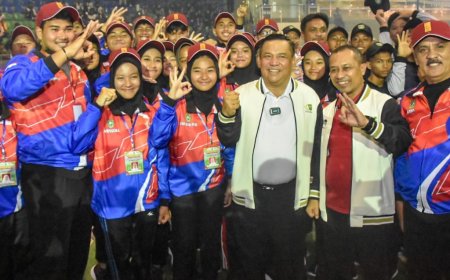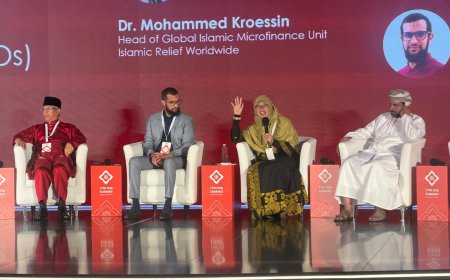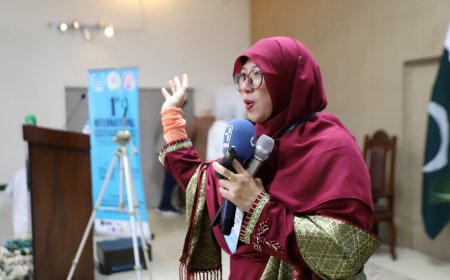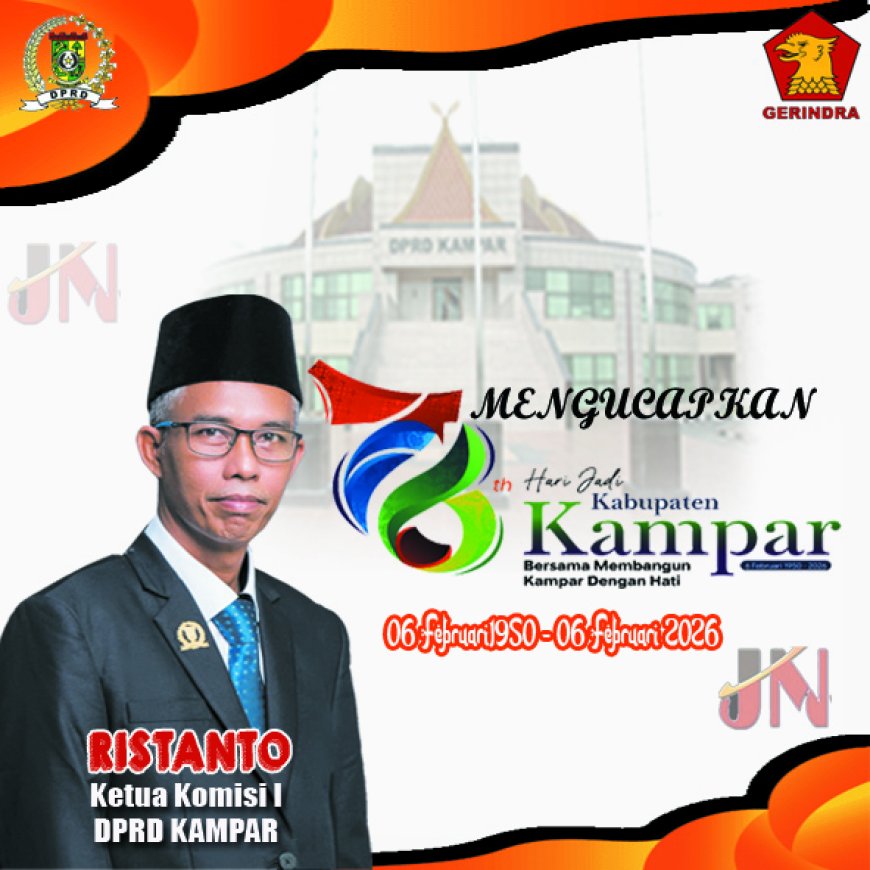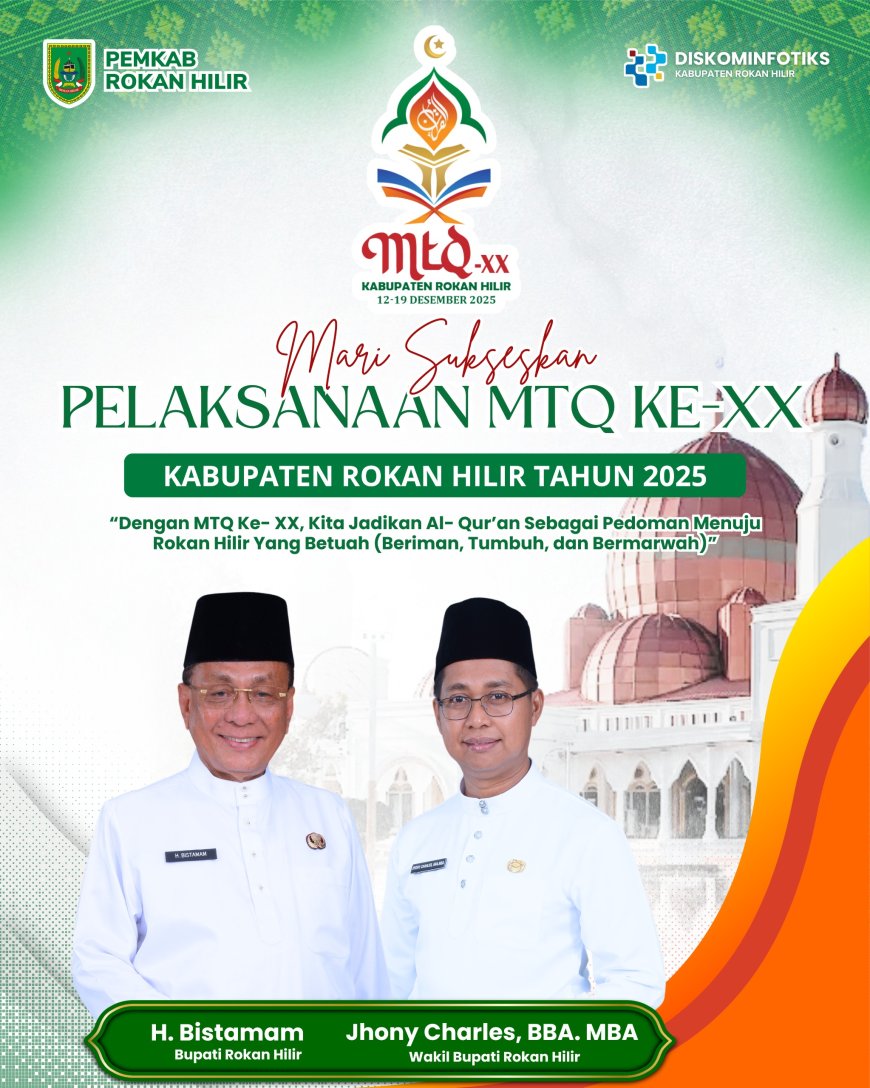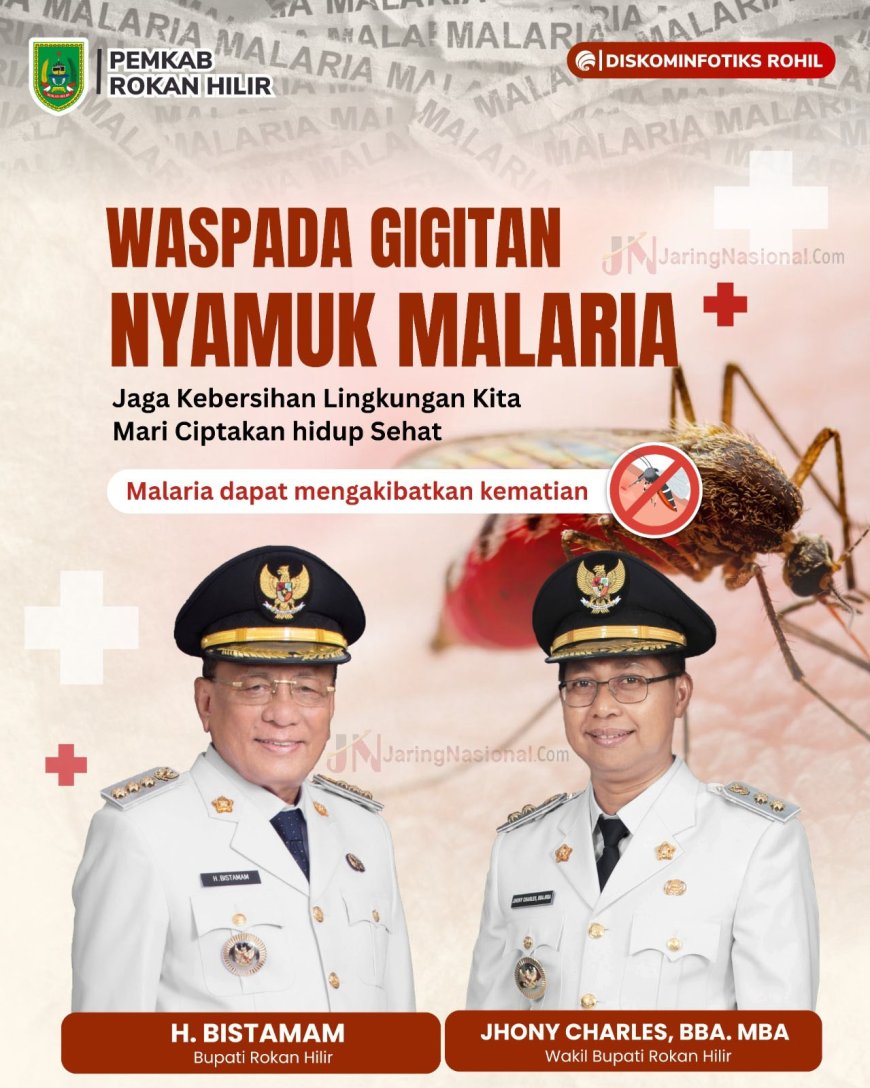IFESDC 2025 Successfully Held at World Bank Headquarters, Reinforces the Role of Islamic Economics and Finance for Sustainable Development
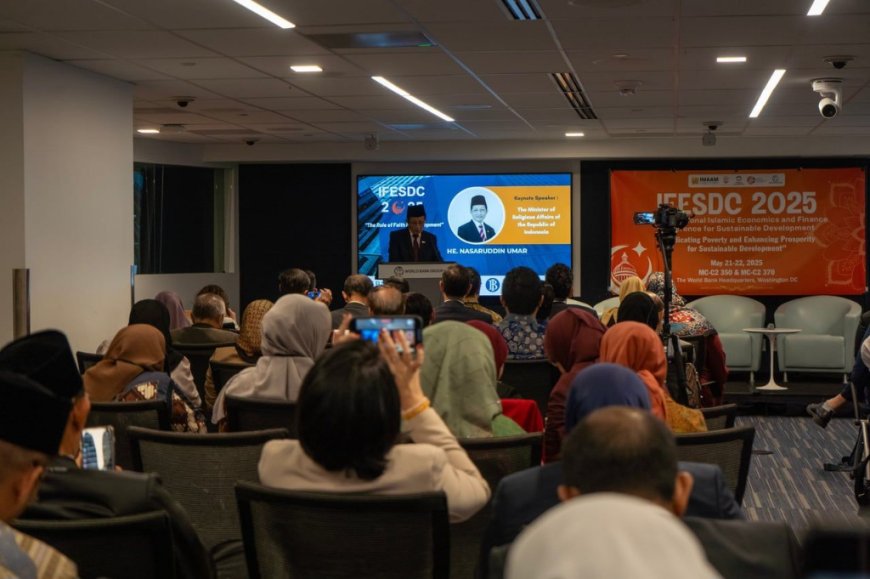
Washington, DC, May 22, 2025 — International Islamic Economics and Finance Conference for Sustainable Development (IFESDC) 2025 officially concluded on May 22, 2025, at the World Bank Headquarters in Washington, DC. The two-day conference gathered more than 200 participants from 11 countries, including USA, Indonesia, Malaysia, Brunei Darussalam, Thailand, Bosnia Herzegovina, Pakistan, Belgium, Lebanon, Syria, and Saudi Arabia, comprising academics, practitioners, policymakers, and community leaders dedicated to values-based sustainable development.
Organized by the Indonesian Muslim Association in America (IMAAM) in collaboration with Tazkia University and Sakinah Finance, and supported by the Office of Executive Director for the South East Asia of the World Bank (EDS16), IFESDC 2025 served as a strategic forum to reinforce the role of Islamic economics and finance in addressing global challenges such as poverty, inequality, and environmental crises.
With the theme “Eradicating Poverty and Enhancing Prosperity for Sustainable Development,” the conference featured panel sessions and academic paper presentations. Topics included innovations in Islamic finance, zakat and waqf integration, halal industry development, Islamic social finance innovation, and inclusive financing for vulnerable groups.
Opening remarks were delivered by Arif Mustofa, President of IMAAM and Conference Chairperson of IFESDC 2025, along with Wempi Saputra, Executive Director of EDS16 at the World Bank. Welcoming remarks were delivered by Elisabeth Huybens, Director, Strategy & Operations, East Asia and Pacific, the World Bank.
Keynote speeches were presented by Sri Mulyani Indrawati, Minister of Finance of the Republic of Indonesia, and Nasaruddin Umar, Minister of Religious Affairs of the Republic of Indonesia. In her video-recorded keynote, Sri Mulyani underscored the capabilities and obligation of Islamic economics and finance to solve the poverty issues in many countries. She stated: “Within the context of this uncertainty and volatality, particular concerns for low and middle income countries is the struggle to achieve development goals, therefore Islamic economics and finance should contribute to the solutions.” After Sri Mulyani, in his keynote speech, Nasaruddin stated “the importance of inclusive and ethical leadership in addressing global challenges such as poverty, inequality, and religious harmony.” Highlighting Indonesia’s commitment to the Sustainable Development Goals (SDGs), he outlined key initiatives by the Ministry in education, gender equality, interfaith cooperation, and economic empowerment especially through Islamic financial instruments like zakat, waqf, and sharia-based microfinance. The Minister also reaffirmed Indonesia’s readiness to share its best practices in religious moderation and inclusive development, positioning IFESDC as a vital platform for global collaboration toward a just and sustainable future.
Following the keynote session, prominent speakers from different nations and background gathered and shared their experiences on innovations in Islamic economics and finance for sustainable development. Hiba Ahmed, former Director General of Islamic Solidarity Fund for Development (IFSD), highlighted the the role of Islamic social finance and its innovation, while Razaq Manan Ahmad of PNM Indonesia were much talking about role of Islamic microfinance for prosperity improvement. Additionally, Thaweelap Riitapirom, President Director of the Islamic Bank of Thailand, Monem Salam of Saturna Capital, and Kaled Elsayed of Guidance Financial, were talking about the role of Islamic finance intermediaries and mortgage market for shared development. This session was moderated by Murniati Mukhlisin, Founder, Sakinah Finance/Former Rector of Tazkia University.
In the second session, moderated by Ermin Sinanović of Shenandoah University, discussion continued on opportunities and challenges in linking Islamic Economics and Finance curriculum with regulatory framework to navigate development challenges. Main Alqudah of Guidance College started the presentation on the topic within the US context. Khoirudin, Chairman of Jakarta House of Representatives highlighted the issue from regulatory perspectives. He also expressed his commitment to Halal industry development by stating, “We in Jakarta are opening wide opportunities for collaboration between the government and halal industry players. Our participation in IFESDC reflects that commitment.” Additionally. Julius Sutjiadi of Food Station Tjipinang Jaya was focusing on the standardization issues while Sutan Emir Hidayat of KNEKS discussed more on policy factor as an enabler.
Following the panel sessions, several MoUs were signed between Universitas Lampung, Universitas Nahdlatul Ulama NTB, Universitas Muhammadiyah Purwokerto, Tazkia University, and Universitas Syiah Kuala with IMAAM and Guidance College (Houston, USA). Additionally, collaboration commitment was committed with George Washington University, USA.
The first day event concluded with research paper presentations focusing on Islamic finance, zakat, and economic empowerment. The papers were among few selected from call for papers in conjunction with IFESDC event that will be published end of this year. This session was moderated by Asna Husin from Ar-Raniry State Islamic University Darussalam in Banda Aceh/Catholic University of America.
Dinner Reception at the Embassy of the Republic of Indonesia in Washington D.C.
As part of the conference series, a formal dinner reception was held on the evening of May 21, 2025, at the Embassy of the Republic of Indonesia in Washington D.C. The evening began with welcoming remarks by Ida Bagus Made Bimantara, Chargé d’Affaires of the Republic of Indonesia to the United States, who stated: “We warmly welcome all IFESDC 2025 participants to the Embassy. This forum reflects a collective effort of the diaspora, academics, and Islamic financial institutions to champion social justice on the global stage.”
Second day
The second day of IFESDC started with welcoming remarks by Qamar Saleem of Global Forum on SME, the International Finance Corporation which highlighted the role of private sector for development then followed with opening remarks by Ahmad Haikal Hasan, Chairman of the Halal Product Assurance Organizing Agency (BPJPH). Hasan emphasized the importance of a credible halal assurance system to strengthen global markets. He stated, “We believe the integrity of Indonesia’s halal system will serve as a foundation of trust in global trade. We are ready to strengthen cross-border collaboration to make halal as part of the sustainable development ecosystem.”
In the next session, Shakir Ullah from Fayetteville State University North Carolina moderated case Studies of Successful Halal Industry Projects for Sustainable Development. Dayangku Rodzi Binti Pengiran Haji Abdul Rahman from Bank Islam Brunei Darussalam highlighted the importance of empowering community, enriching futures. Additionally, Cahyo Satrio Prakoso from Pembangunan Jaya Ancol, Parama WA Danoesubroto from BankNano Socio-Economic Movement, and Mirza Rahim from Transjakarta showcased the importance of maqashid sharia for SDG objectives in several social and private sectors.
The session continued with Rectors & Regulators’ Talk: Policy Frameworks and Academic Research for Islamic Economics and Finance, moderated by Eaman Shebley from TACS Stearns Salam Bank Affiliate. Wahyu Nugroho from Bank Indonesia New York Office discussed on how the Central Bank empower the Halal industry in driving growth and sustainability. Additionally, Scheherazade S. Rehman of GW Deans Professorial Fellow of International Finance highlighted the future trends of Islamic Economics and Finance. Additionally, Baiq Mulianah from Nahdhatul Ulama University of Nusa Tenggara showcased a building capacity initiative through faculty exchange program.
The second session was concluded with five research paper presentations highlighted the importance of halal industry, waqf initiatives and sustainable development. The session was followed by ten best paper award announcements. The paper presentation session was moderated by Fitri Hastuti of Padjadjaran University.
Haryadi, as the conference Secretary/Senior Advisor to the Executive Director of The South East Asia Voting Group, The World Bank Group, announced the Conference Resolution, “IFESDC 2025 reaffirmed its commitment to strengthening global collaboration among governments, academia, industry, and civil society to promote Islamic economics as a tool for sustainable development and poverty eradication. The conference emphasized aligning Islamic finance with global development goals focusing on inclusion, ethical investment, and community empowerment, particularly in Southeast Asia. Participants committed to ongoing research development, bridging academic work with industry applications, and supporting the region as a hub for Islamic economic innovation. IFESDC called for sustainable shariah-compliant business models, optimization of zakat and waqf for inclusive prosperity, and greater youth and women leadership in the field. The forum also declared its vision to institutionalize IFESDC as an annual global platform, with the next conference, IFESDC 2026, scheduled for Spring 2026 at the World Bank Headquarters.”
In the closing session, Arif Mustofa extended his gratitude to the event sponsors—EDS16 of the World Bank Group, Tazkia University, Sakinah Finance, Bank Indonesia Representative Office in New York, Bank BNI New York, and Jakarta’s Regional-Owned Enterprises (BUMD) such as Ancol, Transjakarta, and Food Station Tjipinang Jaya and expressed appreciation to all committee members for their dedicated preparation of the conference. “With the success of IFESDC 2025, we will immediately begin preparing for IFESDC 2026, which will be held at the same venue next spring,” Arif said. (*)
